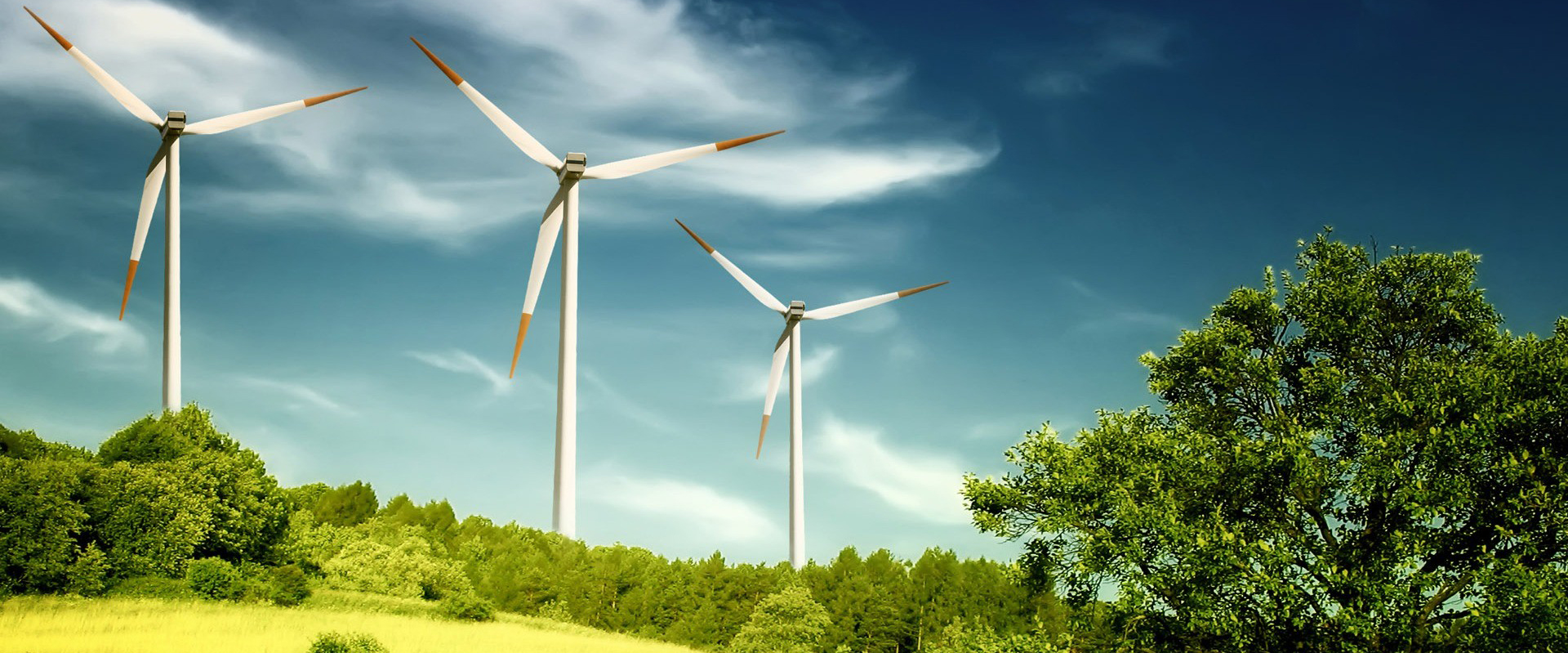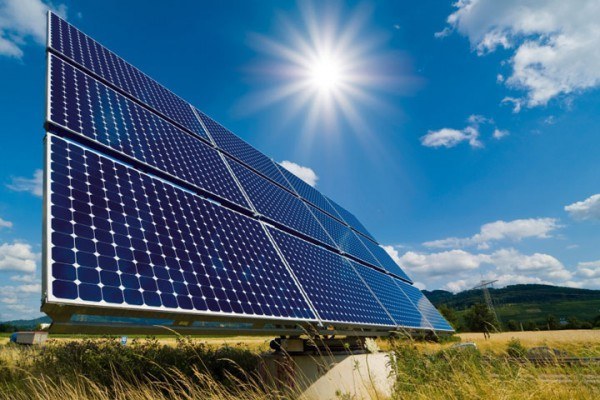CEIP ALEGRÍA DE LA HUERTA 3º PRIMARIA NATURAL SCIENCE
ue fe y Alegría Andy Aparicio Caracas – la
CEIP ALEGRÍA DE LA HUERTA 3º PRIMARIA
NATURAL SCIENCE. UNIT 5. ENERGY. LA ENERGÍA.
|
Energy is essential for everything we do. We need energy to keep our houses warm, to listen to music and to switch on a light. La energía es esencial para todo lo que hacemos. Necesitamos energía para mantener nuestros hogares calientes, para escuchar música y para encender las luces. |
|
|
There are lots of types of energy, such as heat, light and sound. We can change energy, but we can't create it and we can never make it disappear. |
Hay muchos tipos de energía, como la del calor, la luz o el sonido. Podemos transformar la energía, pero no podemos crearla y tampoco hacerla desaparecer. |
|
There are many different types of energy: 1. Kinetic energy: when we ride a bike. 2. Chemical energy: food contains chemical energy. Our body turns this energy into thermal. 3. Light energy: traffic lights produce light energy. 4. Thermal energy: The Sun produces thermal energy and also produces light energy.
5. Electrica 6. Sound energy: when we talk we produce sound energy. |
Hay muchos tipos diferentes de energía: 1. Energía cinética: cuando montamos en bicicleta, producimos energía cinética. 2. Energía química: la comida contiene energía química. Nuestro cuerpo cambia esta energía en térmica. 3. Energía luminosa: los semáforos producen energía luminosa. 4. Energía térmica: el Sol produce energía térmica y también produce energía luminosa. 5. Energía eléctrica: las bombillas utilizan energía eléctrica.
6. Energía acústica o del sonido: cuando hablamos producimos energía acústica.
|
|
Non-renewable energy Non-renewable energy sources come from the ground and the seabed. We cannot replace them so they will eventually run out. They cause pollution. They are: Natural gas: is a mixture of gases that we obtain from the ground or seabed. Coal: comes from the ground (mines) Crude oil: is processed into petrol.
|
Energía no renovable
Las fuentes de energía no renovables vienen del suelo o de los fondos marinos. No son renovables por lo que finalmente se acabarán. Son: 1. Gas natural: es una mezcla de gases que obtenemos del suelo o del fondo marino. 2. Carbón: viene del suelo (minas) 3. Crudo: que se
proce
|
|
Renewable energy We can also use the Sun, wind and water as sources of energy. These are renewable sources of energy because they do not run out. They do not cause pollution. They are: Solar energy. Solar panels turn the Sun's light into electrical or thermal energy. Wind energy: turns wind energy into electrical energy.
Water energy: Hydroelectric power stations use the movement of water and turn it into electrical energy.
|
Energías renovables También podemos usar las fuentes de energía como el Sol, el viento o el agua. Son fuentes renovables de energía porque no se acaban. No causan polución (no contaminan). Son: Energía solar. Los paneles solares transforman la energía luminosa del sol en energía eléctrica o térmica.
Energía eólica o del viento: transforma la energía del viento en energía eléctrica. Energía del agua: las centrales hidroeléctricas utilizan el movimiento del agua y lo transforman en energía eléctrica. |
Tags: alegría de, natural, huerta, science, primaria, alegría
- MINISTÉRIO DA EDUCAÇÃO UNIVERSIDADE FEDERAL DA INTEGRAÇÃO LATINOAMERICANA PLANO
- โรคไข้เลือดออกในผู้ป่วยเด็กรพสงขลานครินทร์ พศ 2544 ปุณณดา สุไลมาน โรคไข้เลือดออกเป็นโรคติดเ
- “ŠTO SE TIČE DREVNOSTI INDIJSKE MUDROSTI LJUDI SU UŽIVALI
- DICTAMEN Nº 2592008 TÍTULO CONSULTA Nº 2382008 SOBRE LA
- „NOC GROZY” WAMPIRY WRÓŻBY TAŃCE – NIEPRZESPANA NOC W
- ITNL ISC 2005 UNIDAD IV DIFERENCIACIÓN E INTEGRACIÓN NUMÉRICA
- UN CRIPPLE IMITA UN ADULTO DE MAYFLY QUE NO
- MF’S BÁSICO 1 COURSE AT HTTPSBLOGFORBASICO1WORDPRESSCOM CÓMO PENSAR BIEN
- AUTORIZACIÓN PARA REVELAR INFORMACIÓN DE FLORIDA KIDCARE ESTIMADO PARTICIPANTE
- ACTE NECESARE DREPTURI OBLIGATII VIZITATORI ACTE NECESARE FORMALITATILOR DE
- MOTHER GOOSE REBUS RHYMES HEY DIDDLE DIDDLE JACK
- MODELO DE CARTA DE GARANTIA HAMBURG SUD Y
- E L DIA DE LOS MUERTOS INTRODUCCIÓN ¿SABES QUÉ
- SEGMENTAL ENVIRONMENTS OF SPANISH DIPHTHONGIZATION P 29 SEGMENTAL ENVIRONMENTS
- MUESTRA “LAS COSAS QUE NO SE NOMBRAN” COLECTIVO CARACÚ
- I CCINTERNATIONAL MARITIME BUREAU (PIRACY REPORTING CENTRE) PIRACY &
- DATA WPŁYWU WNIOSKU WNIOSEK O PRZYZNANIE STYPENDIUM SZKOLNEGO
- PUNKTY Z ZACHOWANIA LP RODZAJ DZIAŁANIA PUNKTY I1 UCZEŃ
- MEMORIA PARTICULAR ADQUISICIÓN DE MOBILIARIO PARA LAS NUEVAS OFICINAS
- CHELSEA SCHOOL DISTRICT FIELD TRIP INFORMATION 2014
- KAJIAN TINGKAT PELAYANAN PENUMPANG DI BANDARA ADISUTJIPTO YOGYKARTA
- INFORMACE O POVINNÉM SUBJEKTU ZVEŘEJŇOVANÉ ZPŮSOBEM UMOŽŇUJÍCÍM DÁLKOVÝ PŘÍSTUP
- 43 K E R E T T A N
- DO YOU HAVE ANY SPECIAL COMMUNICATION NEEDS? YES
- CS 640 RELIABLE MULTICASTING OVER A DATAGRAM NETWORK
- AFME ESF PROSPECTUS FOR UK STANDALONE CMBS TRANSACTION
- MAINTENANCE SPECIFICATIONS REF EC 20422003 OF 20 NOV
- POLJOPRIVREDNI FAKULTET U OSIJEKU – OBRDR5ODLUKA O PRIZNAVANJU ECTS
- OSNOVNA LEKCIJA 1 UPOZNAVANJE DOBRODOSLI U HTML OVO JE
- PROCEDURES FOR DETERMINING INTEREST RATE CATEGORY (PURSUANT TO 7
Nº NOMBRE AD NOMBRE PROYECTO EJE AREA 271 ADILAB
 REVOLUCIÓN ORGÁNICA MARTES 29 DE ABRIL DE 2008 LA
REVOLUCIÓN ORGÁNICA MARTES 29 DE ABRIL DE 2008 LA 1465465117-Pravilnik%20o%20vozilima%20Komunalne%20policije
1465465117-Pravilnik%20o%20vozilima%20Komunalne%20policije COMMUNITY COMPACTS – FOR USE IN THE COMMUNITY THIS
COMMUNITY COMPACTS – FOR USE IN THE COMMUNITY THISMODELO DE ESTATUTOS1 56 ESTATUTOS DE LA ASOCIACIÓN JUVENIL
MODEL POZIVA ZA DOSTAVU PONUDE U POSTUPKU NABAVE PUTEM
ZAŁĄCZNIK NR 1 ………………………… ………………… MIEJSCOWOŚĆ DATA ……………………………… IMIĘ
MONITORUL OFICIAL AL REPUBLICII MOLDOVA 2013 NR276280 ART1754 CONSILIUL
 FICHAS HABILITADORES TECNOLÓGICOS (I 40) DATOS DE LA EMPRESA
FICHAS HABILITADORES TECNOLÓGICOS (I 40) DATOS DE LA EMPRESAETHICS IDEAS AND NATURE EVRNHIST 336SYLLABUS & SCHEDULE—FALL 2014—TUTH
BECK ISLE MUSEUM OF RURAL LIFE APPLICATION FOR THE
[MIEJSCOWOŚĆ] [DATA] [IMIĘ I NAZWISKO CZŁONKA ZARZĄDU] [ADRES] DO
BOILER ROOM (2000 USA) BY BEN YOUNGER MAIN CAST
IN RECENT YEARS AN INCREASE IN VECTORBORNE DISEASE ACTIVITY
 CONTRATO DE COLABORACION COMO EMPRESA AMIGA DE UNA PARTE
CONTRATO DE COLABORACION COMO EMPRESA AMIGA DE UNA PARTEOUR PEOPLE THE CHURCH OF IRELAND IN DUBLIN AND
 MELY SZEKTORT MILYEN MÉRTÉKBEN TEKINT KORRUPTNAK? (1 NEM IGAZÁN
MELY SZEKTORT MILYEN MÉRTÉKBEN TEKINT KORRUPTNAK? (1 NEM IGAZÁN PRÓŻNIOWY WYŁĄCZNIK SN TYPU VD4 Z NAPĘDEM EL FIRMA
PRÓŻNIOWY WYŁĄCZNIK SN TYPU VD4 Z NAPĘDEM EL FIRMA 2 GEORGIAPACIFIC GYPSUM MOLDRESISTANT PAPERLESS DRYWALL THE FIRST IN
2 GEORGIAPACIFIC GYPSUM MOLDRESISTANT PAPERLESS DRYWALL THE FIRST IN LUIS DURAND MERCEDES URIZAR LUIS DURAND MERCEDES URIZAR NOVELA
LUIS DURAND MERCEDES URIZAR LUIS DURAND MERCEDES URIZAR NOVELA

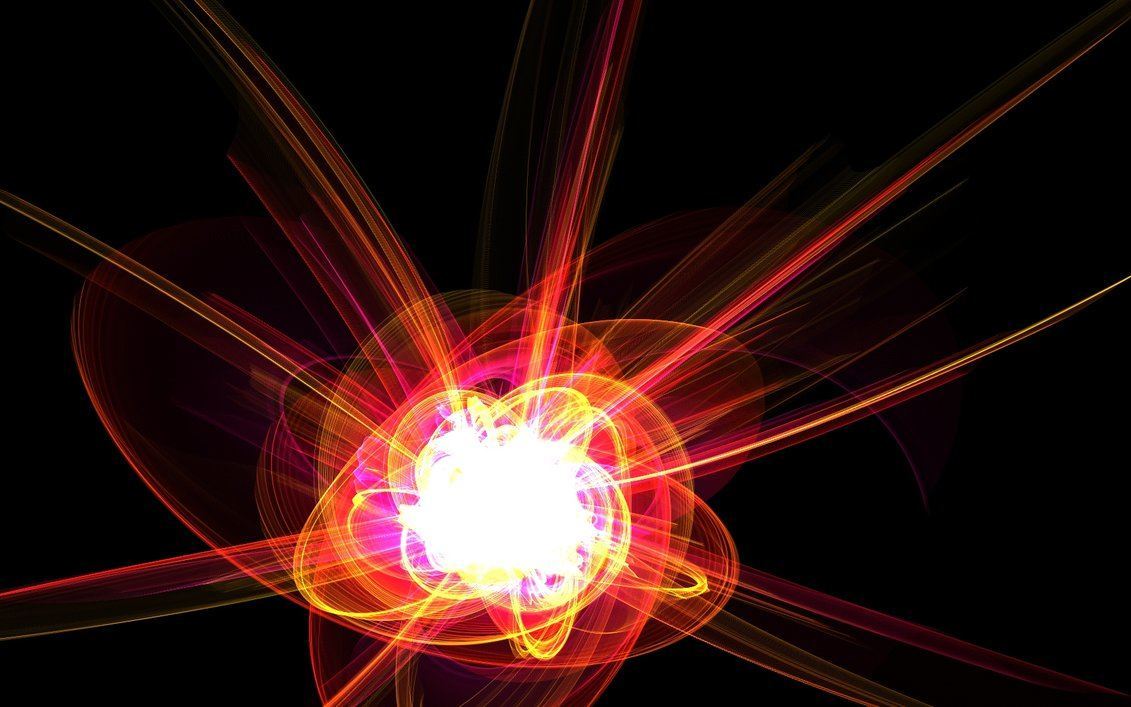
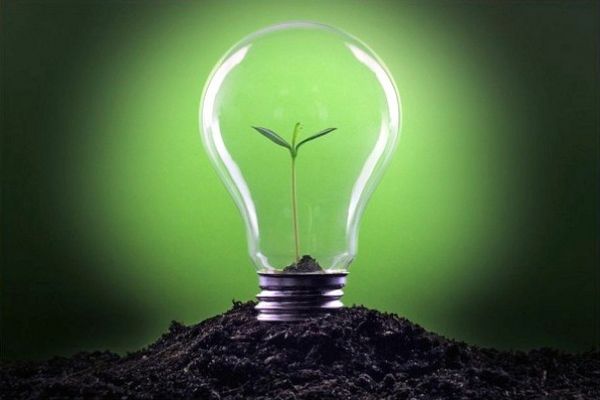 l
energy
l
energy
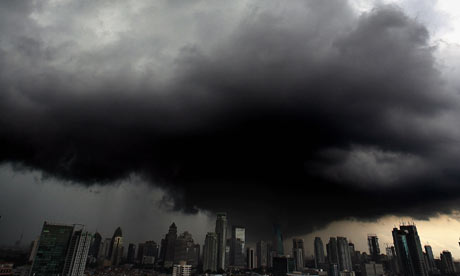 sa
y obtenemos petróleo.
sa
y obtenemos petróleo.